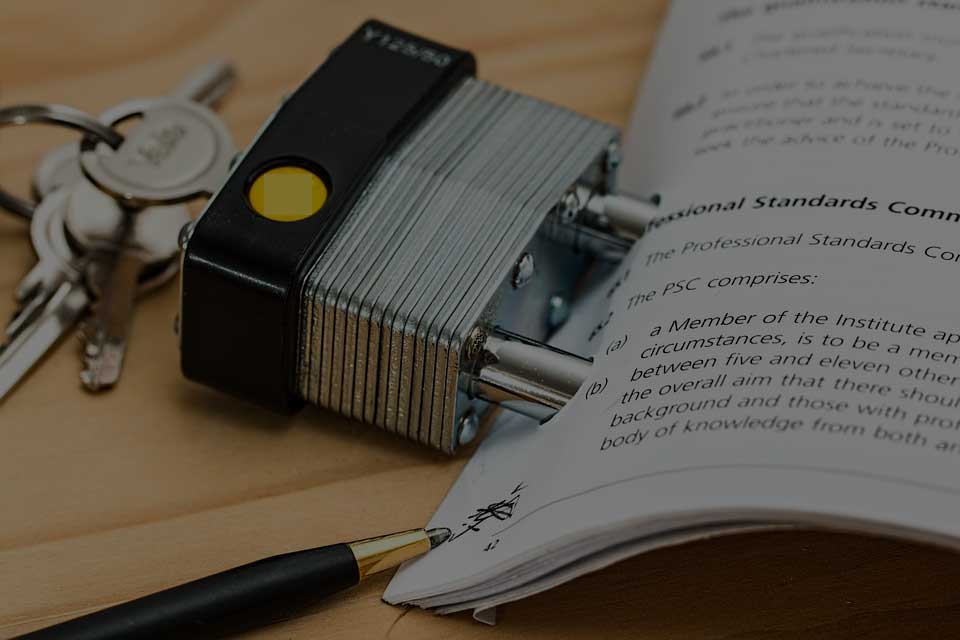Originally published on DrBicuspid.com, June 28, 2016
As our society has become increasingly litigious, professionals are becoming more aware of the need to protect their practice and the assets attached to their practice. A common form of protection is a restrictive covenant.
Simply put, restrictive covenants are contractual agreements that someone makes to restrict their practice in certain geographic locations for a certain amount of time. They can also be called noncompete agreements and often have a nonsolicitation agreement attached. These agreements vary widely in scope and time, but they can have a very real and lasting effect on the doctor signing them.
We will save the discussion of the nonsolicitation agreement for another time; this column will focus on noncompete agreements. The most common mistakes made when faced with a noncompete agreement are failing to negotiate the scope and time, assuming that it is nonnegotiable, and assuming that it is fair as presented. Covenants can range wildly and still be enforced. In one part of the U.S., a 25-mile covenant may be reasonable, while in another, a two-mile covenant may be unreasonable. Do not assume that a restrictive covenant is reasonable, and always ask legal counsel.
Case report
A few years ago, our firm was contacted by a young doctor who had entered into an associateship agreement directly out of school. Excited to land the job, and with a little pressure from the host doctor to sign, the young associate signed what was a vastly overbroad restrictive covenant in our opinion.
When the employment with the host doctor fell through, the associate was locked out of working in her hometown for two years after only working with her employer for three months. Sure, the courts may have some remedy, but the challenge process is long, and the courts are going to assume she went into the contract with "eyes wide open"...
Click to read the rest of this article on www.DrBicuspid.com. You will have to be a registered member to read the content on the site, but it's free and filled with helpful info for dental professionals.
If you need guidance on structuring an Associateship Agreement, our team of legal professionals and brokers can help.

 980.283.7355
980.283.7355













Comment